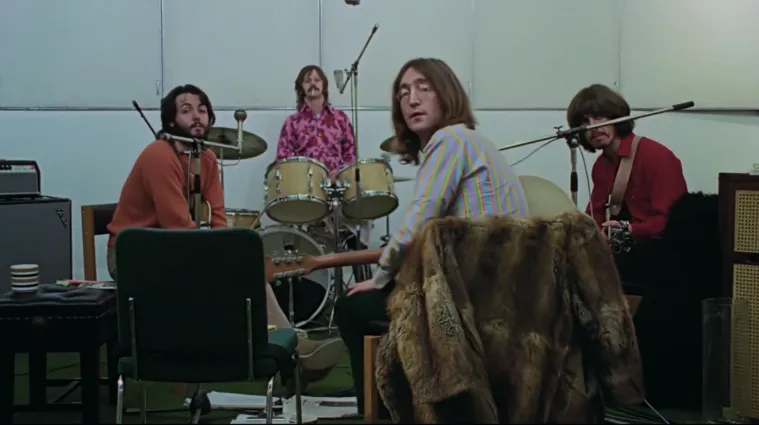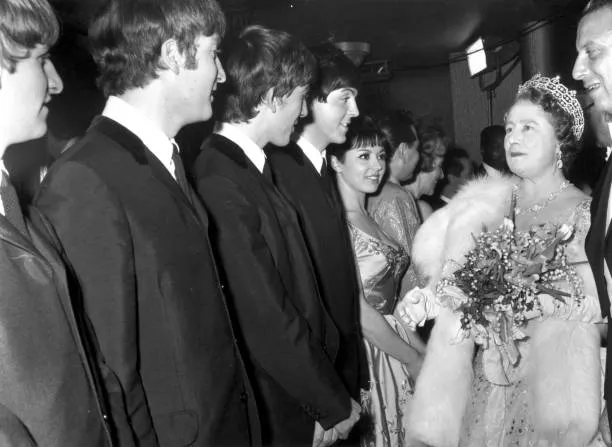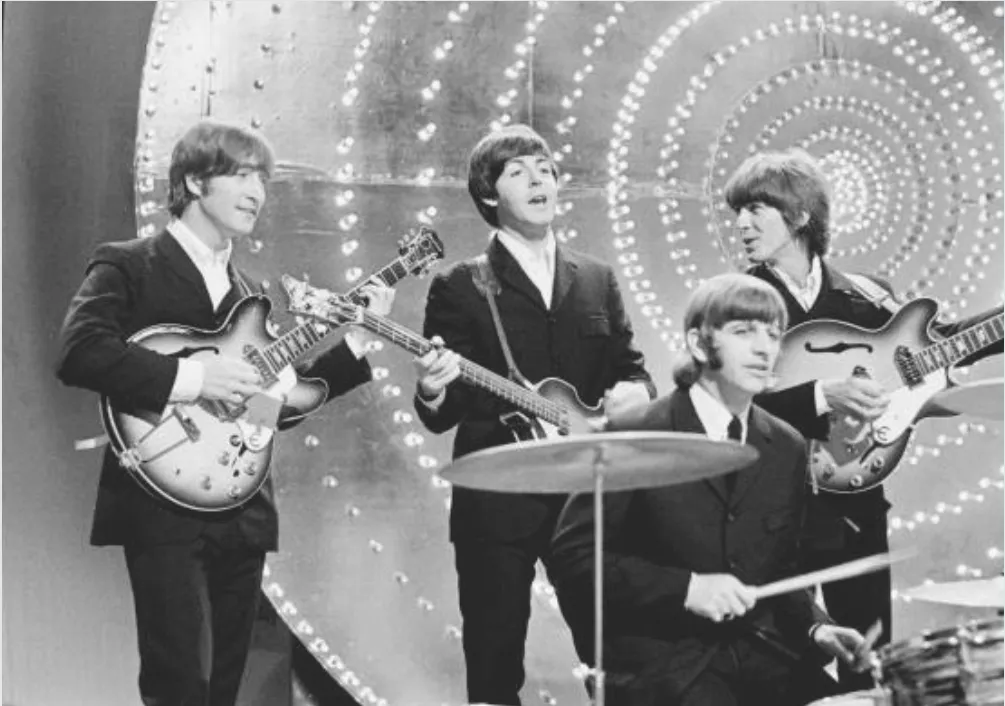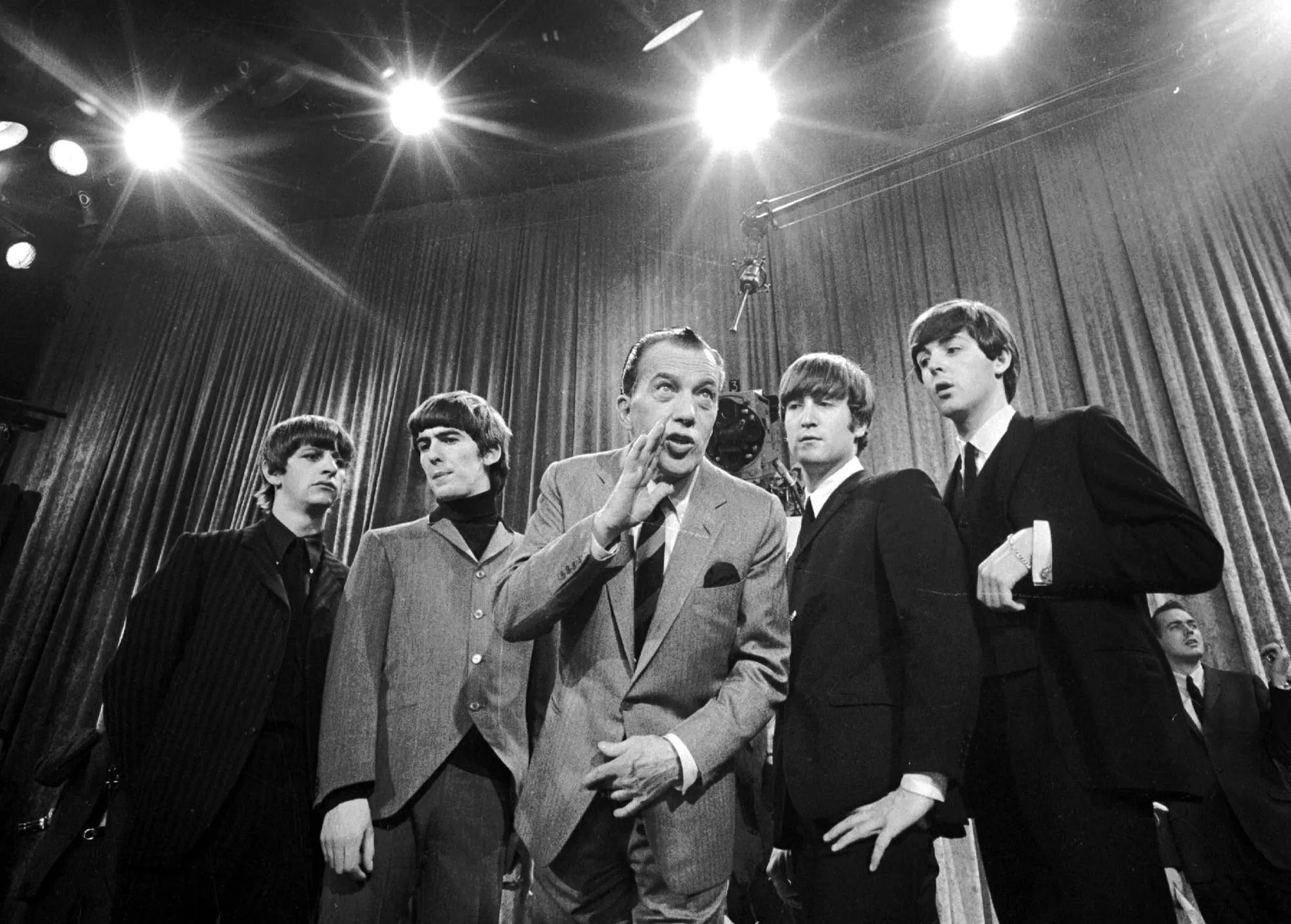About The Song
(Watch the video below)
"Revolution" by The Beatles is a seminal piece that captures the band's evolving political consciousness and showcases their innovative approach to rock music. Written primarily by John Lennon, the song reflects his ambivalent feelings towards the radical political movements of the late 1960s. Released as the B-side to the "Hey Jude" single in 1968, "Revolution" sparked significant discussion and remains a powerful statement on social change.

Background and Context
The late 1960s were a time of considerable social and political upheaval. Protests against the Vietnam War, civil rights movements, and general discontent with the establishment were widespread. In this climate, The Beatles, particularly John Lennon, felt compelled to respond through their music. Lennon had been increasingly influenced by radical political ideas and was known for his outspoken views on peace and activism.
Song Versions

There are three recorded versions of "Revolution," each reflecting different aspects of the song's message and musical style. The first, "Revolution 1," is a slower, bluesy version that appears on The Beatles' self-titled album, commonly known as the "White Album." This version is characterized by its laid-back tempo and more contemplative lyrics.
The second version, simply titled "Revolution," is the one most people are familiar with, having been released as the B-side to "Hey Jude." This version is faster, more aggressive, and features distorted guitars and a prominent rock 'n' roll influence. Its raw energy and direct lyrics made it an immediate hit and a significant part of The Beatles' musical legacy.
The third version, "Revolution 9," is an avant-garde piece that also appears on the "White Album." This experimental track, largely the work of Lennon and Yoko Ono, consists of sound collages and tape loops. It serves as a radical departure from traditional song structure and showcases The Beatles' willingness to push the boundaries of popular music.
Lyrics and Themes

The lyrics of "Revolution" convey a nuanced perspective on social change. Lennon begins with a clear statement: "You say you want a revolution / Well, you know / We all want to change the world." However, he follows this with cautionary lines, "But when you talk about destruction / Don't you know that you can count me out." This reflects Lennon's skepticism towards violent means of achieving political goals.
In "Revolution 1," Lennon originally sang, "But when you talk about destruction / Don't you know that you can count me out... in," indicating his uncertainty. By the time the single version was recorded, he had decided to definitively leave out the "in," signaling his firm stance against violence.
The chorus, "Don't you know it's gonna be / Alright," echoes a sense of optimism and faith in peaceful progress. Lennon's message is clear: while he supports change and the fight for justice, he advocates for nonviolent methods.
Impact and Legacy

"Revolution" had a profound impact upon its release. It was both a commercial success and a subject of controversy, as it directly addressed contemporary political issues. The song's powerful message and energetic delivery resonated with listeners, cementing its place as an anthem of the era.
The differing versions of "Revolution" also highlight The Beatles' versatility and willingness to experiment with their sound. Whether through the raw rock intensity of the single, the reflective tone of "Revolution 1," or the avant-garde experimentation of "Revolution 9," the song captures the band's dynamic range and their ability to address complex themes in multiple ways.
In summary, "Revolution" is a landmark in The Beatles' catalog, reflecting their engagement with the political climate of the 1960s and their commitment to innovation in music. Its enduring relevance continues to inspire discussions about the role of music in social movements and the importance of advocating for change through peaceful means.
Video
Lyrics
Let's sing along with the lyrics!



